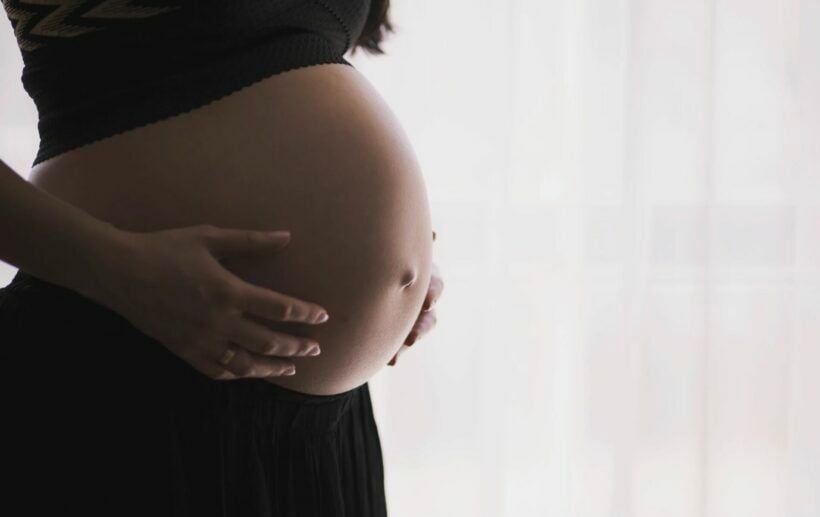Thailand to tighten penalties for illegal surrogacy facilitators

The Department of Health Service Support (DHSS) is in the process of drafting an amendment to the “Protection of a Child Born by Medically Assisted Reproductive Technology Act, B.E. 2558 (2015)” to increase penalties against individuals involved in illegal surrogacy in Thailand. This includes brokers and women who are hired for the purpose of surrogacy.
According to DHSS chief Sura Wisetsak, the department is amending the act due to its growing concern over the rising number of illegal surrogacy cases in the country. The DHSS is working alongside the Royal Thai Police’s investigation team to identify whether wrongdoers are exploiting legal loopholes with the assistance of foreign criminal groups, reported Bangkok Post.
Though the specific details are yet to be finalised, the proposed draft will aim to increase the monetary penalties and incarceration duration for those found guilty of acting as brokers or hired surrogates. Sura Wisetsak confirmed that the drafting process is still ongoing.
Illegal surrogacy has become a concerning issue in Thailand, particularly amid the pandemic. Border closures have prevented numerous surrogates from delivering babies abroad, resulting in several children being born and subsequently abandoned in Thailand.
Last year, the Department of Special Investigation discovered that at least 19 children were born in the country through illegal surrogacy arrangements. These children are now under the care of the Ministry of Social Development and Human Security.
Deputy DHSS chief Akom Praditsuwan highlighted that there are currently 108 nursing care units that offer assisted reproductive technology in both state and private hospitals across Thailand.
The success rate of these services is fairly high, at 46%, with 20,000 in-vitro fertilisation cases and 12,000 artificial breedings taking place. The proposed amendment to the act seeks to address the problem of illegal surrogacy while ensuring the continued provision of legitimate assisted reproductive services within the country.
Latest Thailand News
Follow The Thaiger on Google News:


























